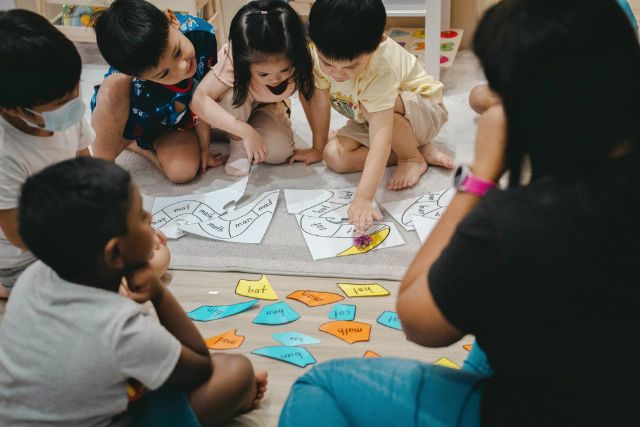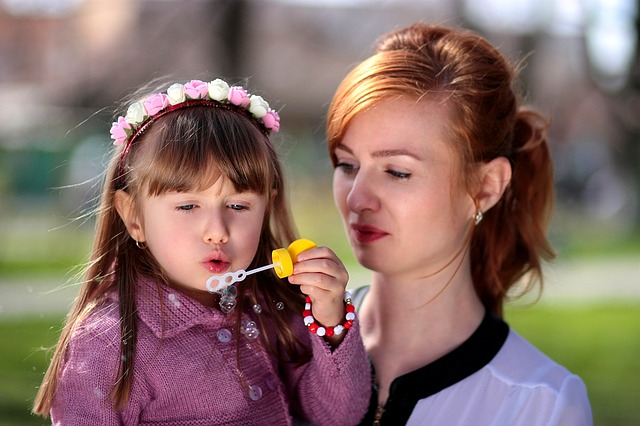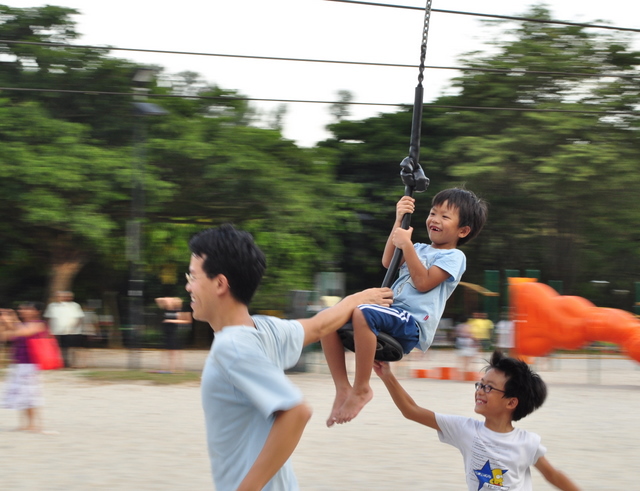Parentocracy is a system in which the parents’ wealth determines their children’s success in school and society more than the kids’ own hard work, effort and abilities. This means that kids from affluent families have an unfair competitive advantage over kids whose parents have less financial means.

National Institute of Education Associate Professor Jason Tan warned against a movement toward parentocracy in Singapore, pointing out that the educational playing field is skewed toward children of wealthy families who can afford to pay for the best, from tuition and enrichment classes to music coaches and private tutors.
Whether it’s to help their children prepare a stellar portfolio or boost their extra-curricular, getting them into a prestigious school by buying property next to it or helping them obtain a snazzy internship through name-dropping, parents with more financial and social capital are tilting the scale against meritocracy.
But all this comes at a great cost to lower-income families and social mobility.
Emeritus Senior Minister Goh Chok Tong suggested retilting the playing field in Singapore “to uplift the less well-off” and not allowing “the size of a family’s purse to determine their ambitions.” For example, the son of a taxi driver should feel that he the same rights as the daughter of the wealthiest businessman to dream big and pursue that dream – through merit.
Parentocracy Pitfalls

The perils of parentocracy go beyond widening the social and educational gap. It also leads to the risk of entitled children who have been spoiled by parents pulling favours for them in the through affiliations or financial means, and consequently not learning to fight for themselves or rely solely on their own efforts and abilities.
The other possible downside of parentocracy is burnout.
In How Children Succeed, author Paul Tough wrote that too much stress can greatly impact children and their ability to learn. While affluent parents can certainly afford to enroll their children in as many topnotch enrichment classes as possible, overdoing it might contribute unnecessary and damaging pressure.
“In How Children Succeed” is available on Amazon.
⇒ Related Read: Does My Child Really Need Enrichment Classes?
When a preschooler’s schedule is packed with tuition, it leaves little room for freedom and play. In the worst-case scenario, they burn out and are turned off by learning.
Not Just About Monetary Investments
“Investing” in the children doesn’t just mean pouring money into their education.
A study shows that self-discipline outdoes IQ scores in predicting academic success. Research finds that successful students have the common qualities of perseverance and grit, qualities that can be taught and encouraged right at home for free.
Being involved in your child’s life and helping them build character does not require a single cent, and yet it makes a huge difference in your child’s chances of a successful and happy future.
No matter a family’s financial capacity, parents can ensure their children receive ample support and guidance at home.
By Jenny Tai.
This article was first published in The New Age Parents e-guide.
If you find this article useful, do click Like and Share at the bottom of the post, thank you.
Like what you see here? Get parenting tips and stories straight to your inbox! Join our mailing list here.




























































Leave a Comment: